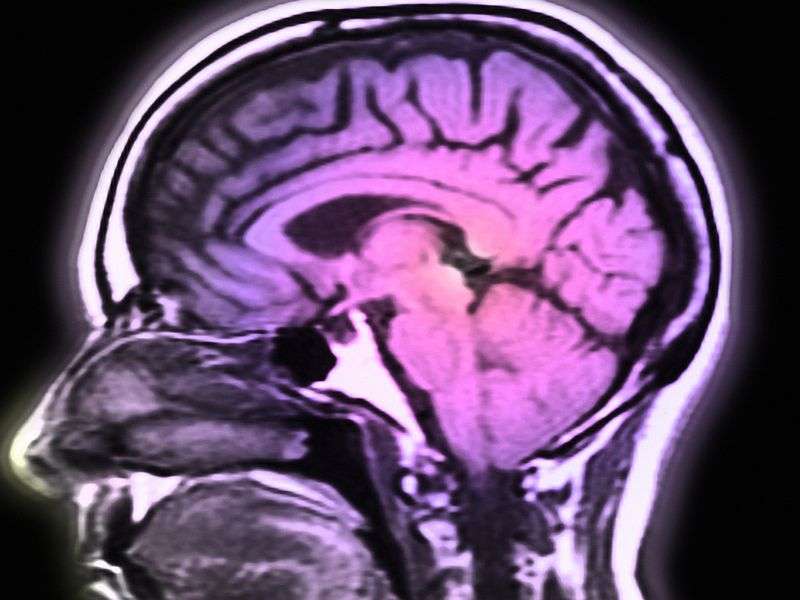Severe neurologic disorder with administration of BIA 10-2474

(HealthDay)—Healthy participants receiving the orally administered reversible fatty acid amide hydrolase inhibitor, BIA 10-2474, can experience a severe neurologic disorder, according to research published in the Nov. 3 issue of the New England Journal of Medicine.
Anne Kerbrat, M.D., from INSERM 1414 in Rennes, France, and colleagues describe neurologic adverse events in healthy participants who were assigned to placebo or 50 mg BIA 10-2474 per day (two and six participants, respectively) as part of a phase 1 safety study. Four of the six who received active treatment consented to having their data included in the report.
The authors note that three of the four patients developed an acute and rapidly progressive neurologic syndrome starting on the fifth day of drug administration. Headache, cerebellar syndrome, memory impairment, and altered consciousness were the main clinical features. Bilateral and symmetric cerebral lesions, including microhemorrhages and hyperintensities on fluid-attenuated inversion recovery and diffusion-weighted imaging sequences mainly involving the pons and hippocampi, were identified on magnetic resonance imaging. One patient became brain dead; there was improvement in the condition of the other patients: one had residual memory impairment and the other had a residual cerebellar syndrome. One of the patients remained asymptomatic.
"An unanticipated severe neurologic disorder occurred after ingestion of BIA 10-2474 at the highest dose level used in a phase 1 trial," the authors write. "The underlying mechanism of this toxic cerebral syndrome remains unknown."
More information: Full Text (subscription or payment may be required)
Copyright © 2016 HealthDay. All rights reserved.


















